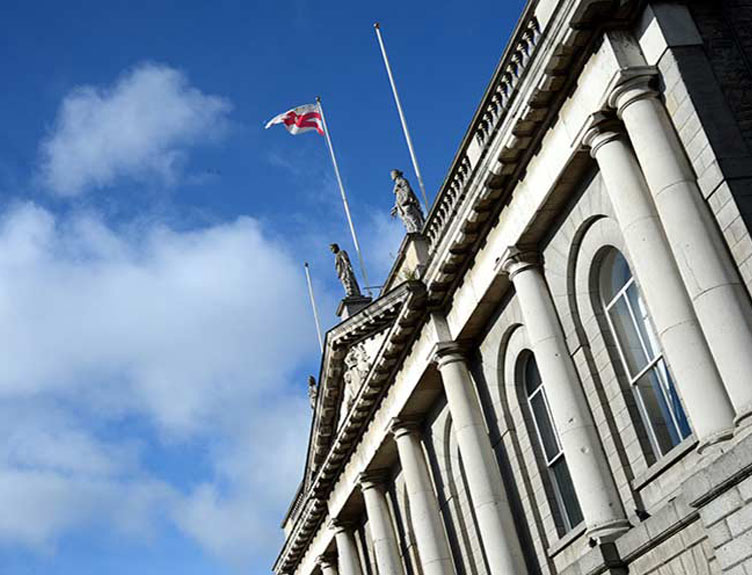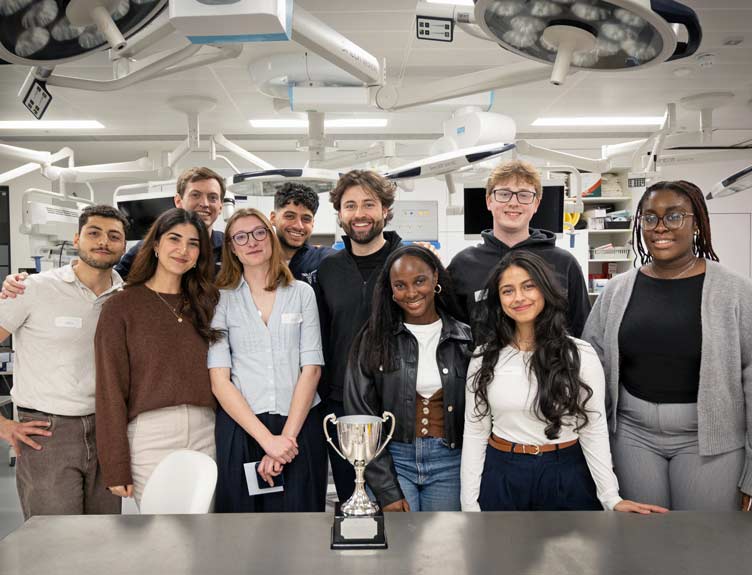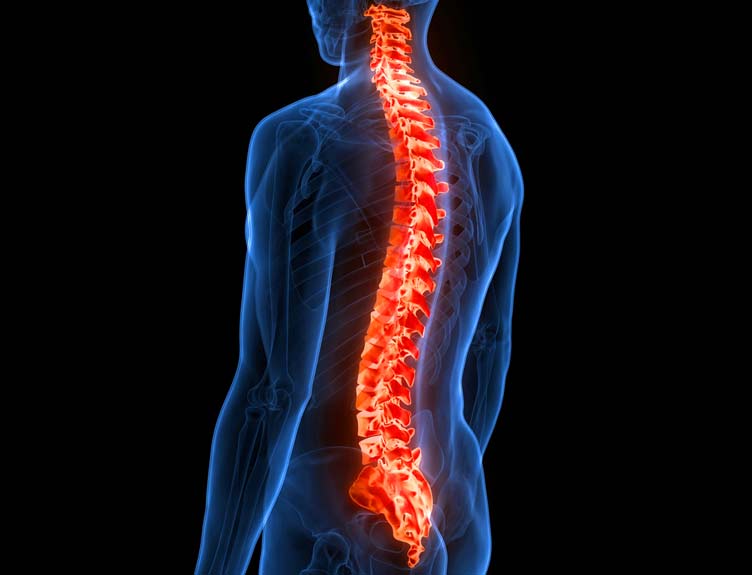Professor Eoin O'Malley (1919-2007): a personal tribute

Eoin O’Malley was born on 5 April 1919 in Galway where he had his early schooling before going to Clongowes Wood College. He was at medical school first in Galway, where his father was Professor of Surgery, and went to University College Dublin from where he graduated in 1942.
Both at school and at university he excelled throughout his career obtaining 1st place, prizes and distinctions in all his examinations. He was also a formidable debater and rugby player. He was a gifted man.
He received his surgical training in the Mater Misericordiae Hospital, in Southend General Hospital and at the Lahey Clinic in Boston. He obtained the Fellowship of the Royal College of Surgeons in Ireland in 1947 and the MCh degree from the National University of Ireland in the same year. He was appointed to the consultant staff of the Mater Hospital as general and cardiac surgeon at the age of 31. He was the UCD Professor of Surgery there from 1958 until he retired from clinical practice in 1986. After retirement University College Dublin honoured him with the title of Emeritus Professor of Surgery. He was a hard-working man of high professional achievement.
The interest and commitment of Eoin O’Malley as Professor of Surgery was appreciated by all students. He was a skilled, thoughtful lecturer, understanding the difficulties faced by students in the enormity of the sea of medical information. His analytical mind was coupled with a fastidious attention to detail. He could capture the essence of a surgical subject and convey it clearly without over-simplification. He could build and mould his presentation with such skill and apparent simplicity that the entire class would be brought along in knowledge and understanding. He was a brilliant man.
He was a masterly examiner, sympathetic to students, a careful listener, seeking to comprehend candidates no matter how tongue-tied or convoluted their phraseology. He never became irritated or annoyed and was supremely fair. He took much time to ensure that questions in the written Final Surgery examinations were unambiguous and clearly-stated. He was concerned that young, recently-appointed consultant surgeons might be too hard on students in the final examination and would endeavour, always with tact and sometimes with considerable diplomacy, to make sure that experienced examiners were matched with those who might be considered too hawkish. He was a sympathetic man.
For generations, postgraduate surgical training in Ireland was based on hospitals and medical schools, trainee surgeons rarely moving outside of their parent university-based hospitals. Each Professor of Surgery had, of course, his own cherished international academic contacts and the best trainees were sent for clinical or research training to renowned surgical centres in the United Kingdom, North America or sometimes other countries in Europe.
In the early 1970s the Professors of Surgery came together to propose a National Surgical Training Programme. In this arrangement, all surgical trainees in the country were to be chosen by open competition for systematic training rotating annually to designated training centres around the country. In this way all trainees received the widest experience in surgery available in Ireland. This system, applied to General Surgery and all the specialties within surgery and administered by the Royal College of Surgeons in Ireland (RCSI), represented a big advance and led to Ireland gaining a high reputation internationally for the quality of its surgical training. Eoin O’Malley was a key figure in this change. He was a perceptive, visionary man.
The Professors of Surgery in the Universities, in embracing this national arrangement under the auspices of the RCSI, were aware of the need for academic departments to contribute, by administrative commitment, by fostering research, by insisting on high standards of clinical and technical care and by cultivating international opportunities for trainees. Thus, many of the University Professors of Surgery became active Council Members of the Royal College of Surgeons and Eoin O’Malley, a Council Member since 1965, became the President of the Royal College of Surgeons in 1983. His was an outstanding Presidency, coinciding with the Bicentenary of the RCSI, an event celebrated in Ireland and lauded by the surgical community worldwide. O’Malley, with his quiet scholarship, his carefully-crafted speeches, his dignity and his complete lack of bombast or arrogance, was a superb ambassador during this time when Irish surgery was in the international spotlight. He was an authoritative and influential man.
Recognising the need for surgery in Ireland to keep pace with the developments occurring everywhere, he was keen that consultant surgeons as well as those in training would travel to major centres and learn about innovations. He was a founder member of the Irish Surgical Travellers’ Club, still an active organisation, which arranges visits to overseas departments each year. He was an enterprising and discerning man.
Eoin O'Malley and Una O'Higgins were married in 1952. Una qualified as a solicitor and in addition to raising a large and talented family she went on to become an inspiring national figure. In her poetry she captured the psyche of our nation. Her father, Kevin O’Higgins, Minister for Justice and a powerful and formidable figure in the Irish independence movement, had been assassinated when she was five months old. She spoke and wrote of reconciliation, forgiveness and peace in moving and poignant terms. She was heroic in her tireless, selfless activity in promoting peace on the island of Ireland and was one of the founders of the Glencree Reconciliation Centre. In her internationally acclaimed efforts, she was supported fully and with obvious pride by Eoin.
In the 1960s, 1970s and 1980s, it was the custom for the overseas External Examiners in Surgery to stay with the UCD Professor during the examinations. Eoin and Una entertained the visitors and the local examiners frequently in their home. They had a remarkable knack of putting everyone, even strangers, at ease and one remembers many joyful and relaxing evenings in their company in the welcoming hospitality of their friendly home. They shared great joy in their family. The involvement of each of their children, Kevin (a third-generation consultant surgeon), Art, Chris, Eoin, Finbarr and Iseult, in voluntary public service and in social action pleased them greatly. Eoin was a gracious man, a family man and a contented man.
The surgical community in Ireland has always been very active holding clinical, scientific and administrative meetings in abundance. Because of the demanding nature of surgical work almost all of these meetings occur in the evenings or at weekends. Combining these with a plethora of university-associated commitments, RCSI-related activities and national advisory functions meant a gruelling schedule for Eoin O’Malley, especially when one considers the 12-hour day commitment to hospital work in a demanding surgical specialty. He was a busy man.
Eoin O’Malley was not famous for using qualifying adjectives or modifying verbs. His comments were pithy, terse and accurate. To young surgeons, nervous when presenting their clinical or basic research at scientific meetings, he was always encouraging. His quiet approach inspired confidence among his patients, his students and his colleagues. His ability to listen intently without rushing to judge indicated, I believe, a profound respect for others that was among the essential components of his character. He was a kind man.
Although his surgical work was mainly devoted to the initiation and development of the National Cardiac Centre, he was trained and also brilliantly competent in the full range of general surgical operations at a time when general surgery involved emergency surgery, head and neck and thoracic surgery, gastro-intestinal surgery, urology and orthopaedics, a range of procedures unthinkable to the current generation of surgeons. He was a man of great skill.
He developed cardiac surgery in Ireland and naming of the cardiac surgery unit in the Mater as the Eoin O’Malley Centre is a most appropriate tribute to him for his efforts and ability in establishing this highly acclaimed department. The early days of this work presented challenges, difficulties and distresses before success became routine, but he coped with them, worked through them and in this inspiring work he was supported by outstanding colleagues. He was a courageous man.
“Interested in everything and knowledgeable about most,” he wrote about his friend and colleague, Keith Shaw. These words could also be applied to Eoin who, in addition to his wide and deep medical knowledge, knew about trees, plants, meteorology, fish and fishing, literature, theatre, politics, history and was a wonderful companion on social occasions. He was a learned man.
He was Honorary MD from the National University of Ireland, honorary DSc from the Queen’s University of Belfast, and was Honorary Fellow of the American College of Surgeons, the Royal College of Surgeons of England, the Royal College of Surgeons of Edinburgh and the Royal Australasian College of Surgeons. He was a highly esteemed man.
- Niall O'Higgins July, 2007



